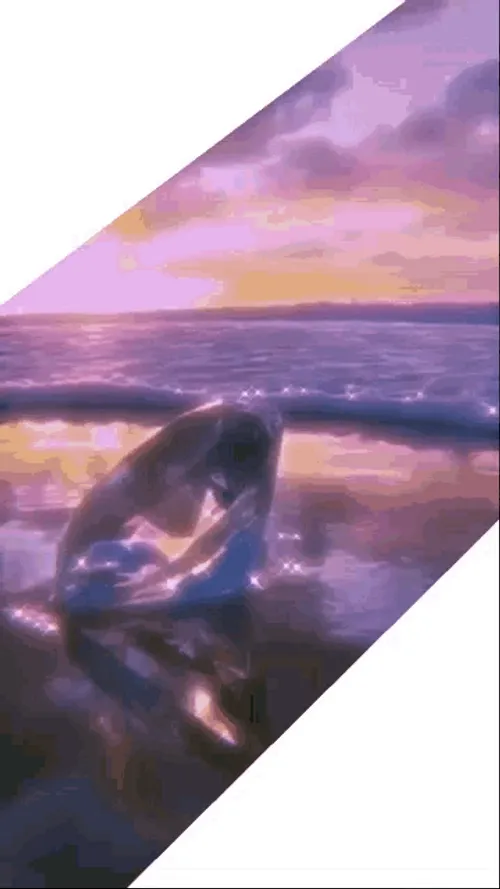Research isn’t so bad after all. Before I took my critical thinking and writing class, I would dread the very thought of research. But now, I see myself conducting research in everything I do. From the simple act of reading a text to formulating arguments, I have conducted some form of research along the way.
Of all of the articles I have read, I particularly found Klein’s article, “What Is It We Do When We Write Articles Like This One—and How Can We Get Students to Join Us?” the most interesting and applicable in my own research methods.
Through his article, I have found his idea of “hunter and gatherers” the most profound and applicable since everyone can be categorized into one or the other, or both.
- Hunters—seek information and persist to find exactly what they need
- Gatherers—work with information presented to them—sort of like a sponge
I have reflected over this past quarter and determined that I am a hunter. When I write outlines for arguments or drafts for papers, I always go and seek the information since it probably exists somewhere.
I know I am definitely not a gatherer because of how determined I can get to find one piece of information. It may take my 20 to 30 minutes for me to find the perfect quote or statistic to back up my argument.
Thinking back towards the beginning of the quarter, I remember when I was researching in SCU’s archives, I sought out information about school sports. I specified what I needed down to SCU’s football team which is fairly specific given all of the other athletic teams I could have chosen.
The way I researched for arguments and information for SCU’s football team is much like the game of “Where’s Waldo?” While I honestly do find the Where’s Waldo books more interesting—I will not give up a single page without having found Waldo—both researching SCU school sports and these books are almost too similar. I won’t give up my topic unless I completely fail at finding what I need, but in most cases I do, it just takes forever.
I do see some troubles in the future for myself though. For example, if I am given a novel in which I have all the information already gathered, I may find it hard to choose between all of the pieces of information. I wish Klein went into detail about how to choose the most appropriate evidence or how to decide between different pieces of gathered information.
Sure there may not be one answer or one method to this problem, I still wished Klein provided some support for me since taking gathered information is not my strength.
I guess, in the future, I still have a bit of work to do in regards to how I conduct my research.



